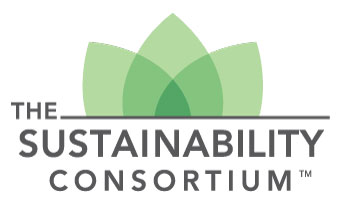Sustainable Production and Consumption Starts to Get Real in the Marketplace

TEMPE, Ariz. – November 1, 2011 – The Sustainability Consortium (TSC) took a major step forward today when they announced the completion of 10 Category Sustainability Profiles as part of research on 50 product categories, with a commitment to develop 50 additional product categories by the end of 2011. The profiles provide accessible and actionable information for a wide range of companies on supply chain impacts. This knowledge allows institutions to take actions that reduce production costs, use fewer resources, and communicate benefits to consumers.
“The Sustainability Consortium’s work on these profiles, which identify and prioritize the largest impacts in the life cycle of a product, is extremely valuable,” said Helen van Hoeven, director of market transformation at World Wildlife Fund and a recently appointed Consortium Board member. “This information allows retailers, manufacturers, and suppliers to focus their efforts on innovating and improving on products and their supply chains where it matters most.”
One real-world example can be seen in laundry. The Category Sustainability Profile for laundry detergents tells retailers and manufacturers that by incentivizing the correct use of cold-water detergent, they can have the biggest impact on the sustainability of laundering, enabling consumers to use cold-water settings on laundry machines.
The categories that are a part of this initial launch include Beef, Coffee, Cotton Towels, Yogurt Fashion Dolls, Laptops, Laundry Detergent, Televisions, Toilet Tissues, and Wheat Cereal. TSC members chose these categories because of their business relevance, potential for improvement, and magnitude of impact.
Category Sustainability Profiles are created through the Knowledge Base, an extensive collection of information comprised of hundreds of pages of research. The profiles are developed using a systematic decision process that considers the quality, credibility, and transparency of information and ensures that content is based on sound, scientifically derived, and publically available information. Contributions come from The Consortium’s staff researchers, academic partners, industry experts, and invited NGOs to create holistic, actionable overviews of different product categories.
“The Consortium collects the best available knowledge by reviewing published life cycle assessments, scanning literature, interviewing subject matter experts, integrating life cycle models, and utilizing our large network of corporate, NGO, academic, and government partners. We turn over every rock for information to see what’s available,” said Joby Carlson, Knowledge Base manager for The Sustainability Consortium. “From that, we begin to understand the most well supported environmental and societal issues related to a product category. We also reveal relevant and actionable best practices or product attributes that organizations can implement to address these priority issues. What is most exciting about this effort are the opportunities for better design and business model innovation.”
This information serves as a credible scientific basis for driving sustainable change in research and development, understanding supplier sustainability through scorecards or benchmarking, establishing sustainable sourcing policies, and guiding product designs. These deliverables represent a significant milestone for The Consortium’s Sustainability Measurement and Reporting System to inform retailers, buyers, manufacturers, and suppliers about the impacts various consumer goods and supply networks have on the climate, water, energy, biodiversity, toxicity, and society.
“We are big believers in The Consortium’s approach,” said Dr. Len Sauers, vice president for global sustainability at Procter & Gamble and Consortium Board member. “Having these profiles will be immensely helpful to bring people around the table to make real progress towards product sustainability.”
TSC invites other interested parties to join this growing organization focused on sustainable production and consumption to positively impact agriculture, electronic, home and personal care, paper, toys, and packaging supply chains. The organization welcomes continued contributions, review, and improvement of the existing profiles, in addition to the development of new ones. As Van Hoeven adds, “This information is part of a living system, continuously improving and maturing as more credible information is brought to light.”

